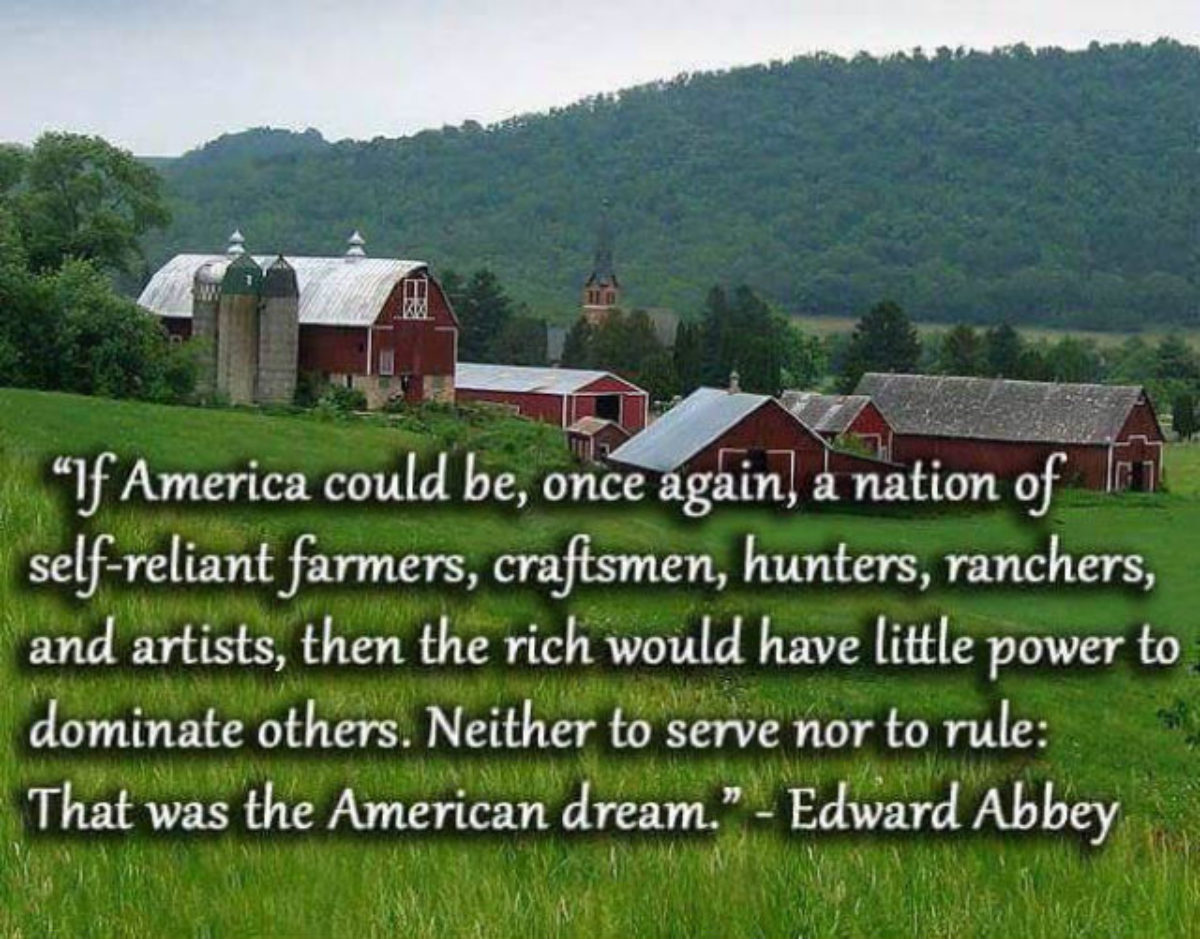A cautionary tale
I believe that situational awareness (SA) is our single most important resource for survival in an impolite society. A failure in mine occurred that I think is worth relating.
With people I don’t know well, I make limited assumptions about their SA, based on what I do know. In this situation, I made an assumption based on what I assumed were our common interests in self-defense areas. That was my mistake – one that, in retrospect, I know better than to make.
We were standing in an open public parking lot, so I had a blind spot behind me that I assumed this person was observing. I was paying attention to his eye movement and expressions as a substitute for my “eyes behind”. (Normally, I would have looked back over my shoulders periodically if I thought the area wasn’t covered.
Suddenly, my peripheral vision picked up an individual coming into my field of view from behind, moving to my right. His appearance was one that would warrant cautious attention. I picked up no clue whatsoever from my friend that he was there. I consider that to be failure on my part – not his, due to my assumptions about how I would have expected him to act and react.
A short time later, the same individual came back our way, this time out of my friend’s field of view. Without making a show of it, I made eye contact with my friend, shifted my view to the approaching stranger, and made the slightest head motion in the stranger’s direction. I then switched my gaze back and forth between my friend and the stranger until he was in view to us both.
The point of this anecdote is to present two issues that I think are crucial. First, do not depend on others to substitute for your own SA, even if they are the most aware person you know. As Clint Smith says, “one is none, two is one …” Second, the most important aspect of SA is that it is vital for conflict avoidance, and conflict avoidance is always better than physical confrontation.
In times like these, I think it is important to work on our ‘survival skills’, i.e. avoidance of conflict, de-escalation of conflict, and disengagement from conflict. None of us should seek opportunities to engage in conflict, and if we find ourselves so involved, more often than not we could have avoided it with better-tuned SA.
